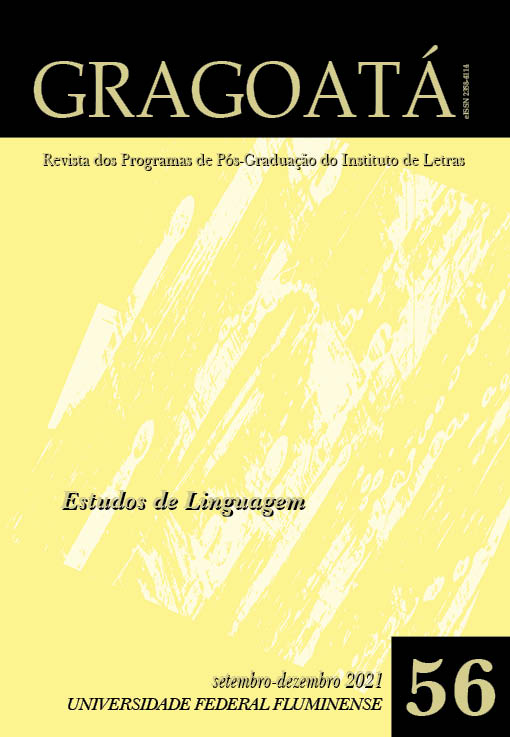Ensino de literaturas e decolonialidade: por uma educação literária democrática
DOI :
https://doi.org/10.22409/gragoata.v26i56.49166Mots-clés :
Educação literária. Direitos humanos. Democracia. Decolonialidade. Ensino de Literatura.Résumé
O que se entende por “democracia” e por “direitos humanos” quando se defende uma educação literária democrática? E quando se defende a democratização das artes, em especial, da literatura? Partindo de um incômodo com algumas respostas a essas questões, cristalizadas na crítica literária e nas práticas de ensino de literaturas, este artigo tem o objetivo de problematizar e refletir sobre as concepções de democracia e de direitos humanos que embasam o ensino de literaturas no Brasil, propondo uma guinada a partir das teorias decoloniais. Para isso, revisitamos a obra “O direito à literatura”, de 1988, de Antonio Candido (2011), que se tornou referência básica em crítica, teoria, didática e ensino de literaturas até os dias de hoje, demonstrando como sua teoria se concentra na classe econômica e na apresentação dos bens culturais nacionais-universais em via de mão única para os estudantes desprivilegiados. Posteriormente, ainda que reconheçamos a relevância histórica da teoria de Candido, buscamos demonstrar, a partir da leitura de hooks (2017; 2019), Walsh (2009), Melo (2020) e outros autores, sua insuficiência para lidar com a realidade contemporânea dos jovens dentro e fora da escola. A partir daí, refletimos sobre a necessidade de um ensino de literaturas democrático, em direitos humanos, que se construa em diálogo e negociação não apenas com os grupos subalternos pertencentes a classes econômicas inferiores, mas também com os grupos subalternizados pela etnia, raça, gênero, sexualidade, localização geográfica etc., isto é, um ensino que se construa inclusive através da escuta.
Téléchargements
Téléchargements
Publiée
Numéro
Rubrique
Licence
AUTORIZAÇÃO
Autores que publicam em Gragoatá concordam com os seguintes termos:
Os autores mantêm os direitos e cedem à revista o direito à primeira publicação, simultaneamente submetido a uma licença Creative Commons Atribuição 4.0 Internacional (CC BY 4.0), que permite o compartilhamento por terceiros com a devida menção ao autor e à primeira publicação pela Gragoatá.
Os autores podem entrar em acordos contratuais adicionais e separados para a distribuição não exclusiva da versão publicada da obra (por exemplo, postá-la em um repositório institucional ou publicá-la em um livro), com o reconhecimento de sua publicação inicial na Gragoatá.
A Gragoatá utiliza uma Licença Creative Commons - Atribuição CC BY 4.0 Internacional.











